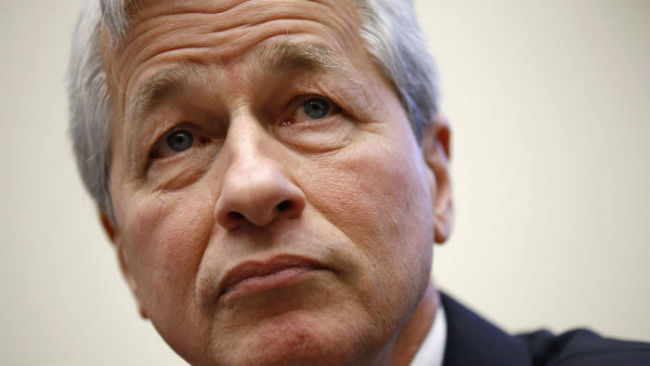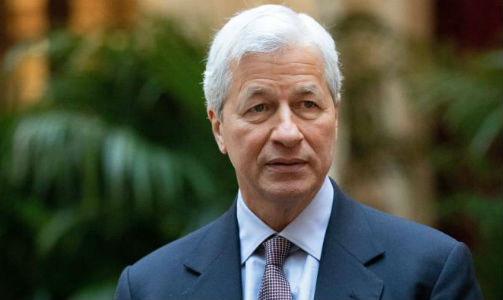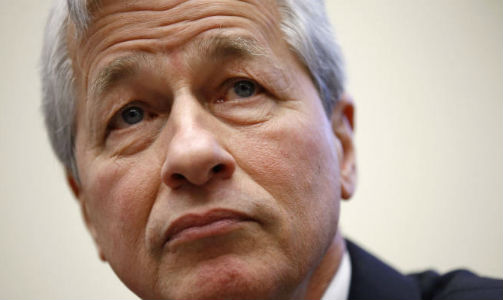Group of US corporate leaders ditches shareholder-first mantra

FT, August 19, 2019
by Richard Henderson & Patrick Temple-West
One of America’s largest business groups has dropped the “shareholder primacy” creed that has driven US capitalism for decades, urging companies to consider the environment and workers’ wellbeing alongside their pursuit of profits.
The Business Roundtable has close to 200 members, including the chief executives of JPMorgan, Amazon and General Motors, which generate $7tn in annual revenue. A new “statement of purpose” from the BRT on Monday placed shareholders as one of five stakeholders, alongside customers, workers, suppliers and communities.
It is a significant departure from the bedrock belief that businesses serve the owners of their capital — a philosophy championed by Nobel Prize-winning economist Milton Friedman and which has driven corporate America for decades.
Companies should “protect the environment” and treat workers with “dignity and respect” while also delivering long-term profits for shareholders, the BRT said.
The change amounts to a call to reform capitalism in a time in which rising populism and concern about climate change have led politicians and shareholder activists to demand that companies consider their impact on the world beyond their balance sheets.
“It’s an important shift,” said Mohamed El-Erian, chief economic adviser for Allianz. “It reflects an emerging consensus about the importance of more inclusive capitalism.”
The BRT’s statement lacks detail on what actions companies could take, such as increasing wages and cutting carbon emissions.
Larry Summers, who served as US Treasury secretary under President Bill Clinton, said that without an enforcement tool the statement lacked teeth and that government was notably absent as a stakeholder.
“I’m wary,” said Mr Summers. “I worry the Roundtable’s rhetorical embrace of stakeholders is in part a strategy for holding off necessary tax and regulatory reform.”
The BRT statement may be seen as an effort to assuage political pressure for broad business reforms from the likes of Democratic presidential candidate hopefuls Elizabeth Warren and Bernie Sanders. Both politicians have highlighted the fact that US companies are making record profits and spending record amounts on share buybacks while wages have stagnated.
The statement’s language has echoes of a reform bill introduced by Ms Warren last year that would require company directors to consider all corporate stakeholders “including employees, customers, shareholders and the communities in which the company operates”.
Marco Rubio, a Republican senator for Florida, has called for US businesses to think beyond their shareholders and instead take a long-term view to investment, which he thinks will promote employment. In the UK, Jeremy Corbyn, leader of the opposition Labour party, has also suggested broad corporate reforms.
Larry Fink, chief executive of BlackRock and a member of the BRT, last year called on businesses to strive to make a positive impact on society in addition to delivering profits. Similar views have been echoed more recently by Ray Dalio, the founder of Bridgewater Associates, and Jamie Dimon, the chief executive of JPMorgan and chairman of the BRT.
The BRT has recently lobbied to water down shareholder activism. In June, the group asked the Securities and Exchange Commission to increase the threshold for initial proposal submissions, a move that would limit shareholders’ ability to agitate for changes at companies on issues ranging from climate change to executive compensation.
“People are really dissatisfied with capitalism,” said Andy Green, managing director for economic policy at the Center for American Progress, a liberal-leaning think-tank. “We need to see the details to see if they put their money where their mouth is.”
Back

